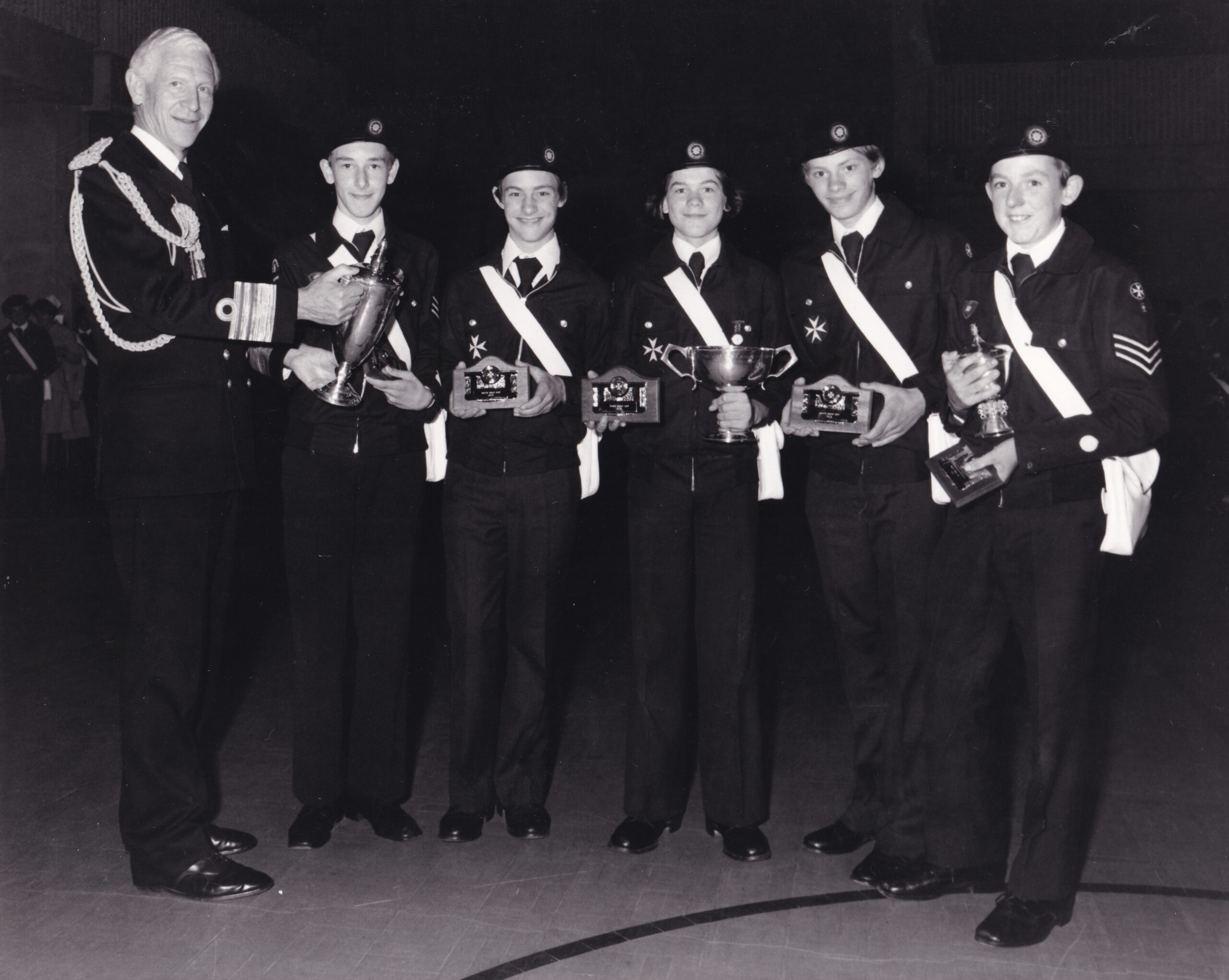Transcript
It’s like a moulage set-up, so a room just like this and somebody on the floor with First Aid make-up, with casualty make-up on and a ladder usually or something like that on the floor, and you had to come in and do what you would do. It was always trauma, as I remember, so it was always people falling off ladders or burning their hands on a frying pan or something like that. It was very kind of set method of doing it, so you had to come in and you had to say, “Lie still, I’m a First Aider,” otherwise you wouldn’t get the marks for that, and deal with – so, it always had some things like treat for shock, you know, you can discuss what that means for hours if you want, but it just meant reassure somebody. And as I said, they were always trauma things, so it was never what actually in reality people generally, it’s much more likely to be an asthma attack or feeling sick or faint or something like that. But these were very trauma-based things, because that was what was in the book and the First Aid book was the Bible of the right answer. It was very much chapters and lists on broken bones, so, you know, how to use triangular bandages for a broken femur versus a broken humerus versus jaw, you know, barrel bandages. It sounds so old-fashioned these days but it was the thing to learn. And wooden splintage, I don’t know if you’ve ever come across that, wooden splints and making sure you put padding around the splints so that they don’t press on the pressure points, which is all perfectly sensible. I think that was based very much on the Second World War, which was only, what, twenty-something years prior to that, and rescuing people from bombings and things like that. So, it was based on that type of approach to things, whereas I imagine these days it’s much more based on illness and, well, reality, to be honest, because we don’t get – well, at the moment, we don’t get too many wars to have to worry about. But there have been, there is a need for trauma care as well.


